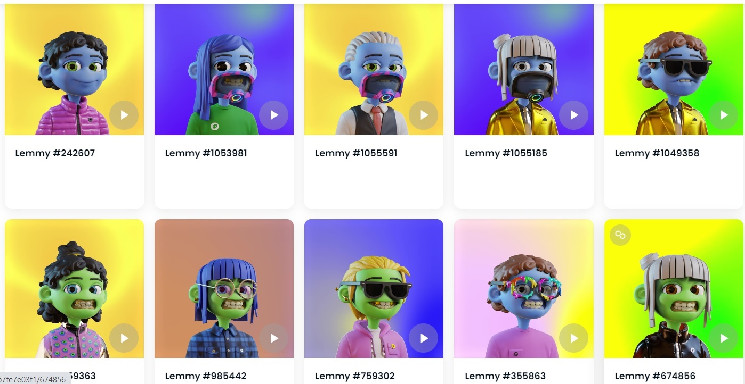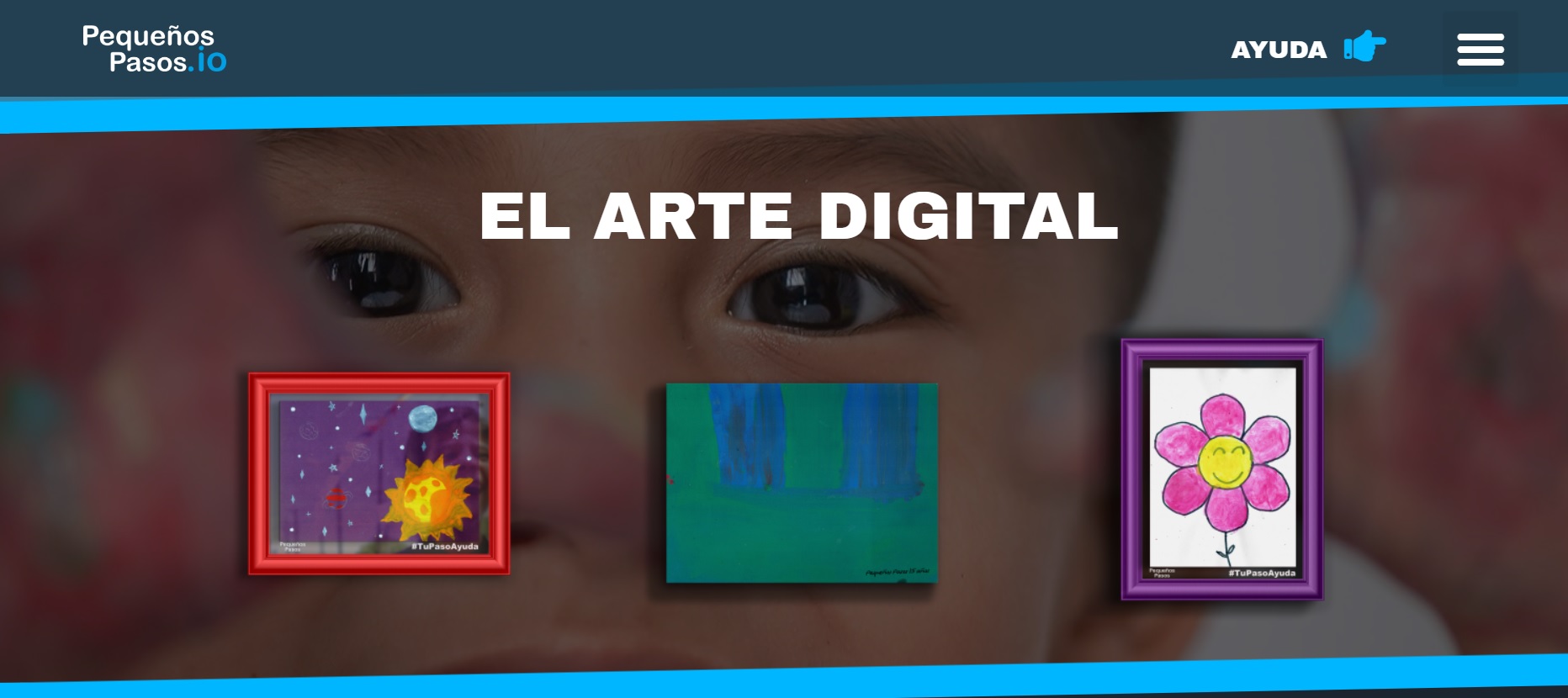With an increasing number of financial and political crises in recent years, Latin American citizens have found in crypto a powerful tool to cope with the instability. Now, non-fungible tokens (NFT) are booming in the region, with the goal of solving real problems and not speculation.
High inflation has led millions of Latin Americans to seek refuge in cryptocurrencies, with stablecoins leading the way. According to Mastercard, 51% of consumers in the region have made at least one transaction with crypto. Brazil, Argentina, Colombia and Ecuador are among the top 20 countries with the greatest crypto adoption, according to Chainalysis' 2022 Global Crypto Adoption Index.
NFTs have reached mainstream audiences in developed countries through projects including Bored Ape Yacht Club or CryptoPunks, which have now become highly sought-after collectables. Latin American companies, by contrast, are investing in NFT use cases such as supporting local artists, allowing customers to resell airline tickets or donating to nonprofit organizations.
Enigma.art is a decentralized platform that mainly provides NFT’ development services for well-known traditional Latin American artists, ranging from fine arts to the music industry. It connects artists with their fans through NFTs’ meet-and-greet tickets, collectable cards or original songs.
“When we entered the crypto universe in 2021 and discovered what an NFT was, we wanted to buy an original piece by a Latin American artist – until we realized that there were practically none. So we created our own platform to link fans with artists through NFTs,” Facundo Migoya, Enigma.art CEO, told CoinDesk.
Facundo and Manuel Migoya — age 21 and 18 respectively — co-founded Enigma.art in 2021. It has more than 5,000 users and at least 1,500 wallets connected. The platform allows users to find and buy original songs from the artists, who receive a royalty percentage of the purchase, dissociate the voice from each of the different instruments and then mix them differently to create a new track.

“We saw that NFTs around the world were mainly used for speculative purposes and also that Latin Americans found the existing process to obtain an NFT difficult, so we gave free access to NFTs to all of our users,” Lemon CEO, Mario Cavazzolli, told CoinDesk.
The avatar NFTs, called “Lemmys,” are unique and randomly generated when users activate them. For now, they cannot be modified, traded or purchased, although it will be possible in the near future, Cavazzolli stated, adding that more than 400,000 of the million users have claimed their NFTs.
With a more supportive approach, Pequeños Pasos (Little Steps), a non-governmental organization (NGO) with global operations that develop integration programs for families in vulnerable communities around Argentina, launched in May its first NFT collection of digitized drawings made by children participating in integration programs.
“The NFT project is meant for people to get involved with the organization in a more tangible way and later get rewards like special participation in our events,” Matías Ronconi, president at Pequeños Pasos, told CoinDesk.

NFTs released by Pequeños Pasos. (Pequeños Pasos website)
The NFT project of Pequeños Pasos was assisted by Santiago Siri, an Argentine contributor to the Proof of Humanity project and developer of the universal basic income (UBI) ERC-20 token. Up to now, it has sold 25 pieces for $50 each through OpenSea.
“NFT adoption is still new in Latin America, but we wanted to be part of it from the beginning,” Ronconi said.
 coindesk.com
coindesk.com